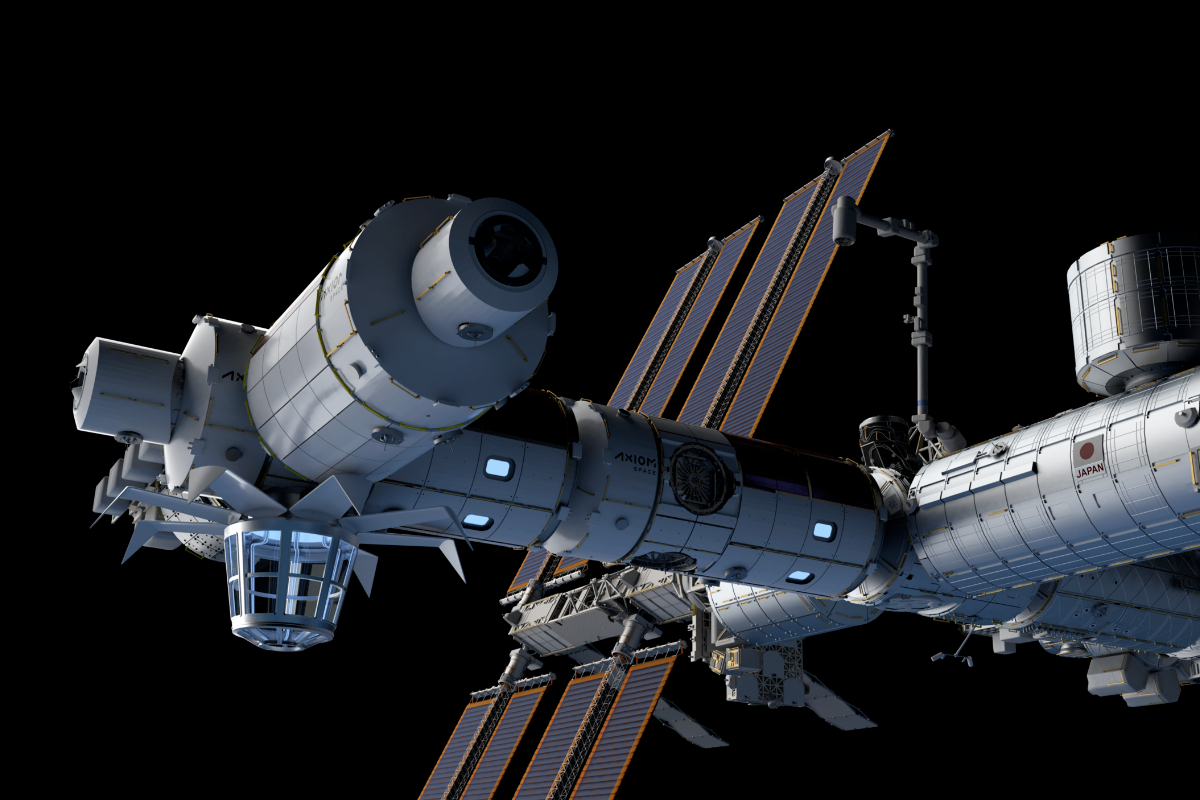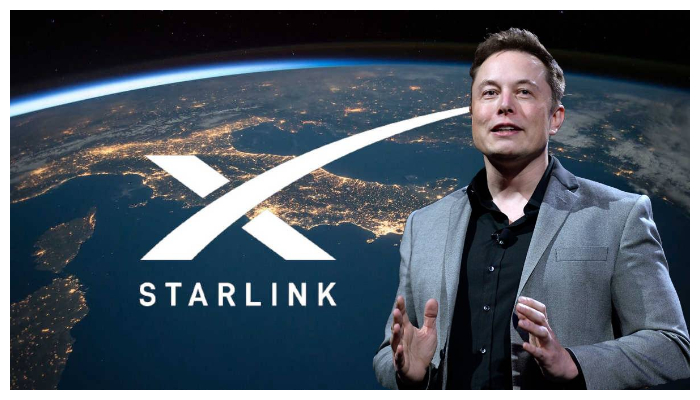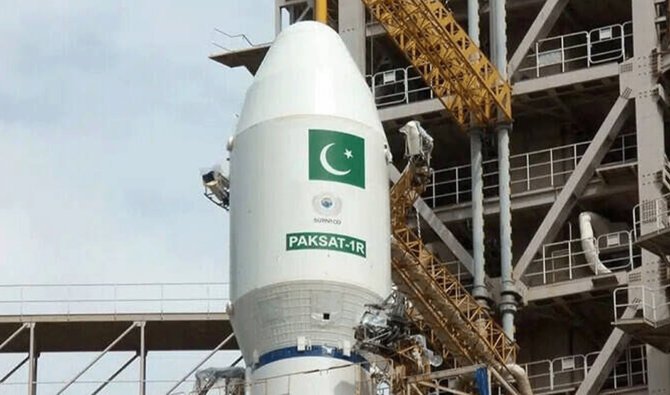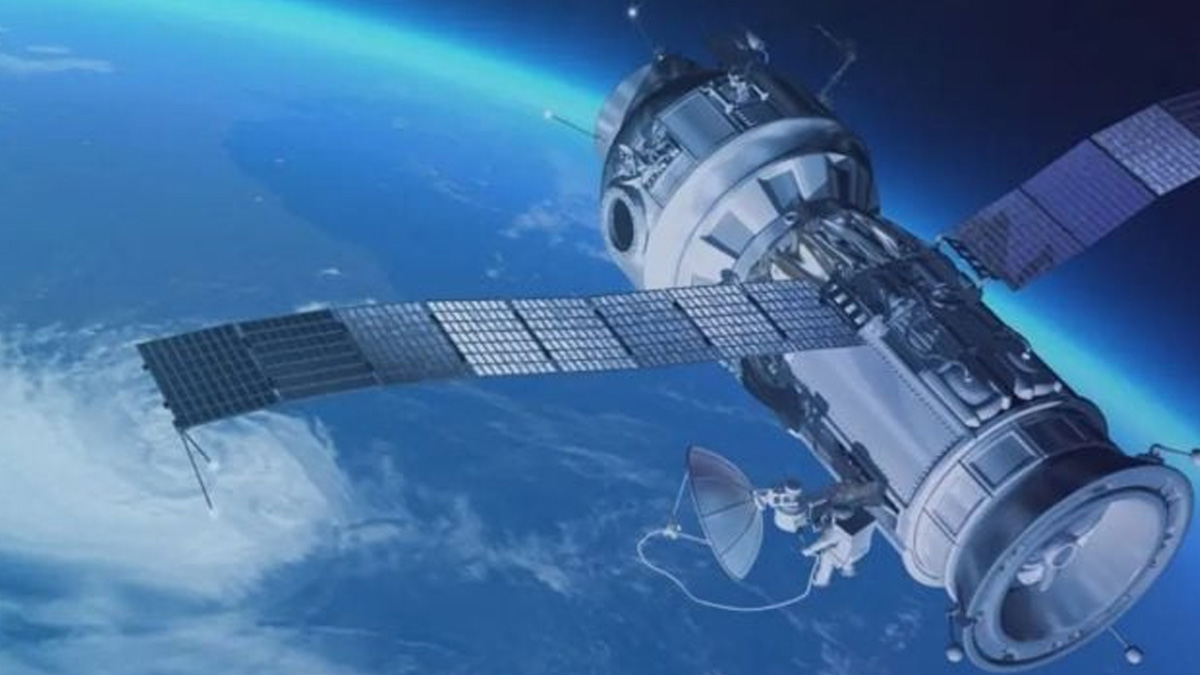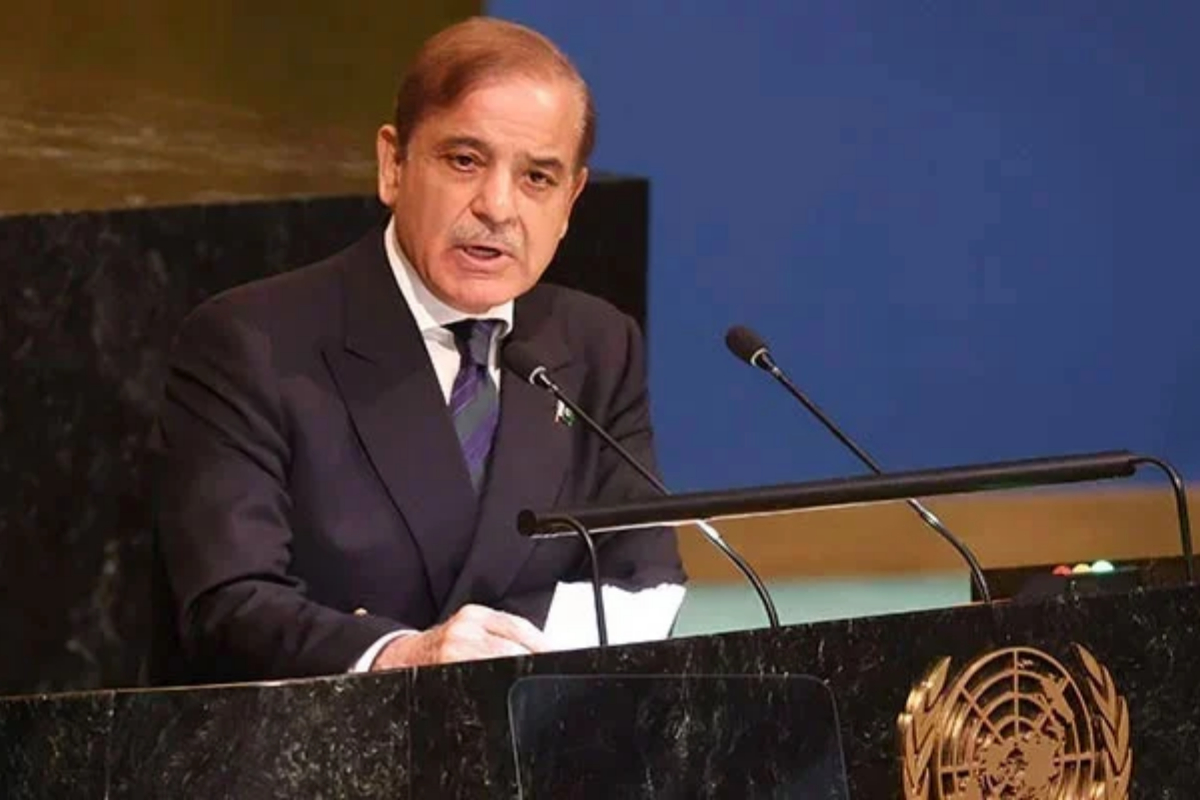- Turkey’s first astronaut docks at ISS in Axiom Space milestone.
- Axiom and SpaceX showcase private sector’s space exploration role.
- López-Alegría leads crew in experiments, marking Turkey’s space debut.
In a historic achievement for Turkey, a four-man crew, including the nation’s first astronaut, successfully docked at the International Space Station (ISS) early on Saturday. The mission, organized entirely at commercial expense by Texas-based startup company Axiom Space, marks a significant milestone in Turkey’s space exploration efforts.
The Axiom quartet, consisting of astronauts from different nationalities, undertook the journey aboard a SpaceX Crew Dragon vessel launched by the Falcon 9 rocket from NASA’s Kennedy Space Center in Cape Canaveral, Florida. The rendezvous with the ISS occurred approximately 37 hours after liftoff, showcasing the efficiency of commercial space travel arrangements.
Elon Musk’s SpaceX played a pivotal role in the mission, supplying, launching, and operating both the Crew Dragon vessel and the Falcon 9 rocket under contract with Axiom. This collaborative effort reflects the growing influence of private companies in advancing space exploration initiatives.
Upon reaching the ISS, the astronauts transitioned to the responsibility of NASA’s mission control operation in Houston. The Crew Dragon autonomously docked with the ISS while flying over the South Pacific at a hypersonic speed of about 17,500 miles per hour (28,200 km/h).
Following the successful docking, the Axiom-3 crew is expected to spend approximately 14 days in microgravity, conducting over 30 scientific experiments. Many of these experiments focus on studying the effects of spaceflight on human health and disease.
The multinational team, led by seasoned astronaut Michael López-Alegría, includes Italian Air Force Colonel Walter Villadei, Swedish aviator Marcus Wandt, and Turkish Air Force veteran Alper Gezeravcı, who marks Turkey’s first human spaceflight.
Axiom Space, based in Houston and founded eight years ago, specializes in providing spaceflight services to foreign governments and private patrons. The company charges a minimum of $55 million per seat for organizing, training, and equipping customers for space travel. Axiom is also among the few companies working on building a commercial space station, with plans to eventually replace the ISS, expected to retire around 2030.
The ISS, launched in 1998, has been continuously occupied since 2000, symbolizing international collaboration in space exploration involving the United States, Russia, Canada, Japan, and European Space Agency member countries. Turkey’s successful mission to the ISS is a testament to the nation’s growing presence in the global space community.
[embedpost slug=”/saudi-arabias-davos-debut-aims-to-lead-middle-east-as-ai-tech-hub/”]

